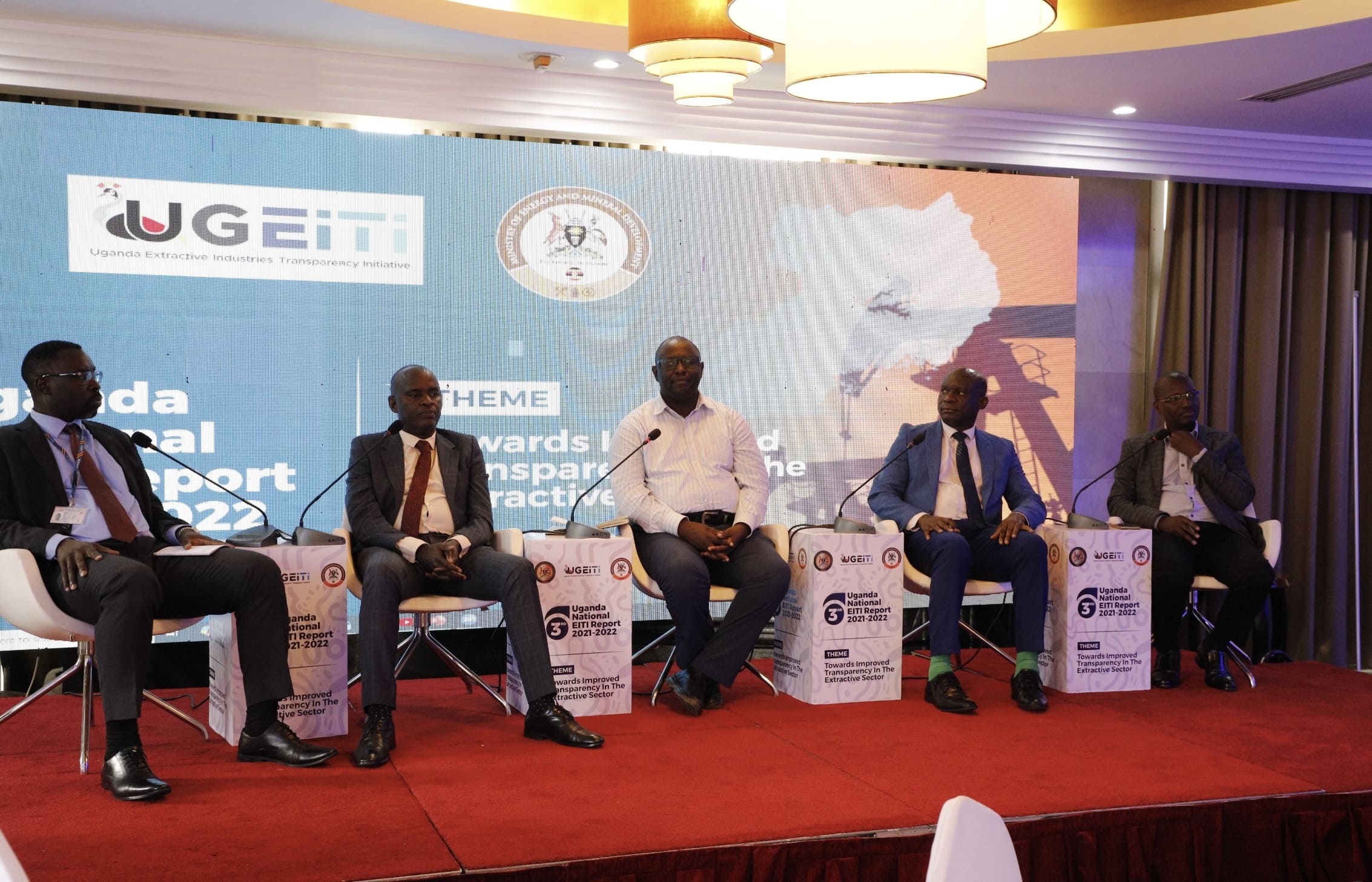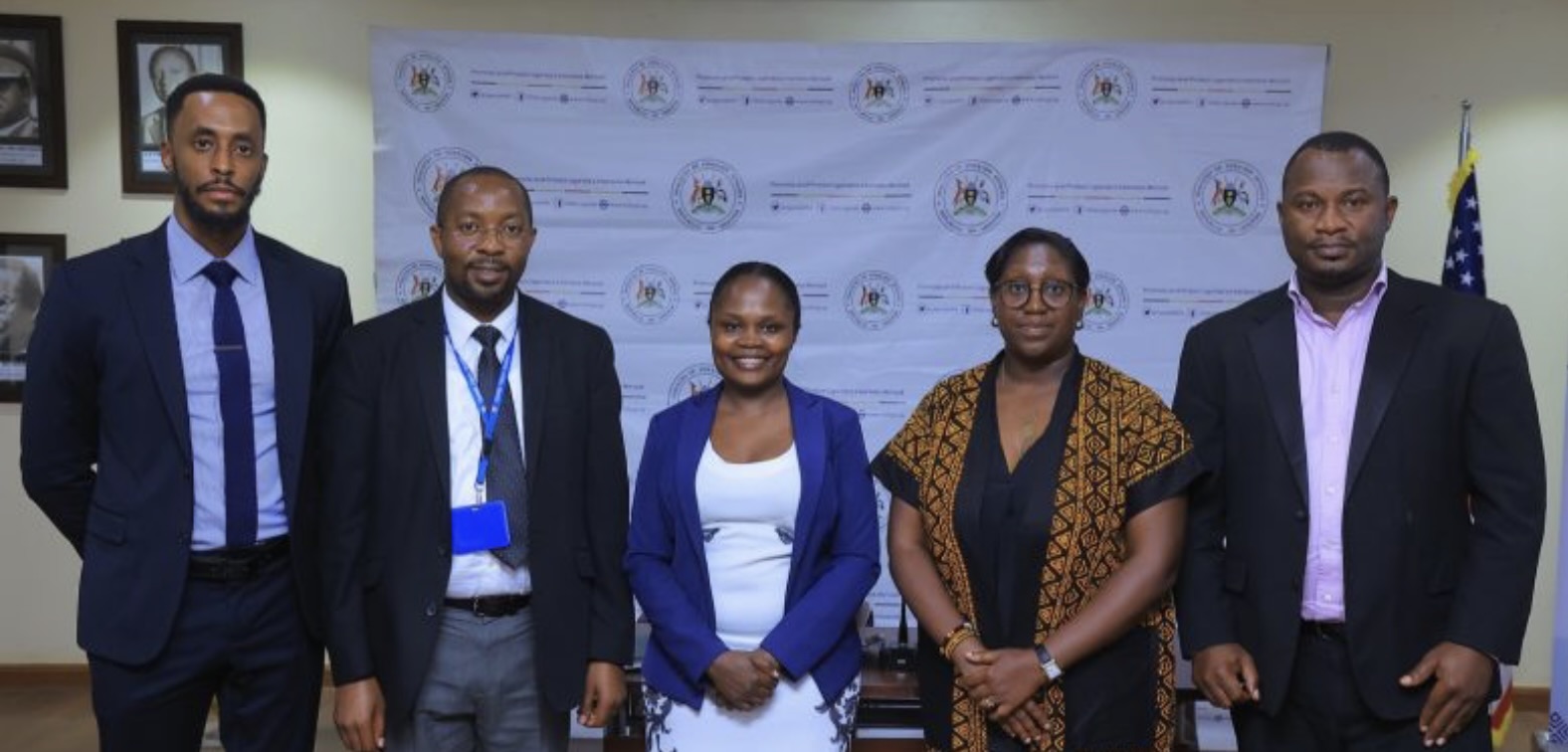Uganda Launches Its Third Extractive Industries Transparency Initiative (EITI) Report

The Uganda Extractive Industries Transparency Initiative (UGEITI) has today launched Uganda’s third national EITI Report.
The report was oficially launched by the Chairperson of the Multi- Stakeholder Group Moses Kagwa and witnessed by members of the UGEITI Multi- Stakeholder Group, Ministries, Departments and Agencies (MDAs), the Private Sector, NGOs, Civil Society Organizations (CSO) and development partners.
The launch’s objectives are to: disseminate the report findings, discuss the key transparency issues arising from the validation assessment and their mitigation measures, present recommendations from the previous EITI reports and provide an update on their implementation and; present the 2023 EITI Standard, specifically its four key focus areas.


The report which covers the financial year 2021/2022 assesses Uganda’s compliance with the EITI 2019 Standard for managing the extractive industries’ value chain, including data disclosure, revenue generation, legal framework, local content, environmental concerns, and social and environmental expenditures.
Through EITI implementation, the Government of Uganda aims to enhance overall transparency in the sector, broaden tax collection, promote public debate, improve the investment climate, build trust and create lasting value from petroleum and mineral resources.
Key Findings
Total revenue from the extractive sector in FY 2021/2022 amounted to UGX 411.38b. Of this, the mining sector contributed UGX 250.48b while the Oil and Gas sector’s contribution amounted to 160.89b. Contribution of the extractive sector to the economy was as follows: 1.43% to GDP, 0.03% to total employment, 0.13% to total exports and 1.88% to general government revenues. The value of mineral exports was UGX 18.5b. The key minerals produced were Iron ore, Limestone, Pozollana, Wolfram and Gold. There was no Oil and Gas production or export during the reporting period.

